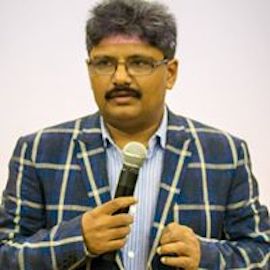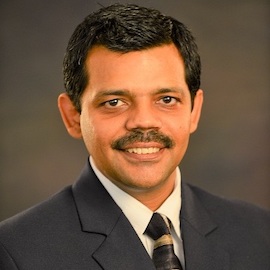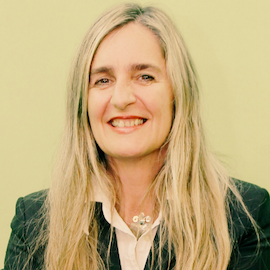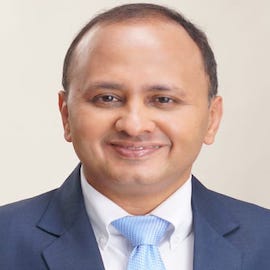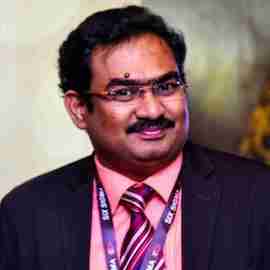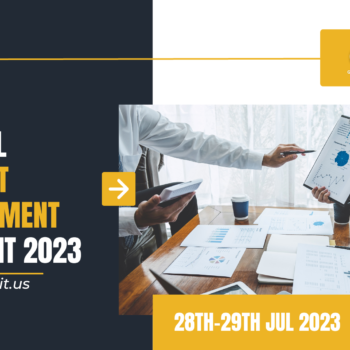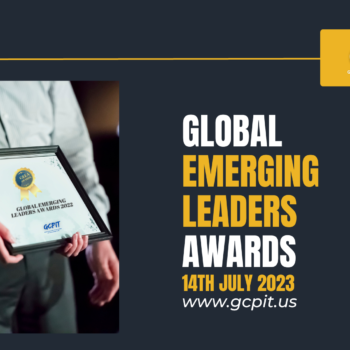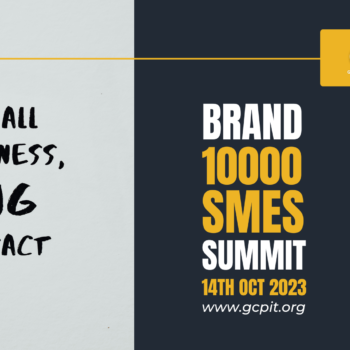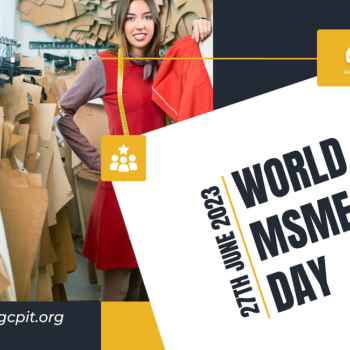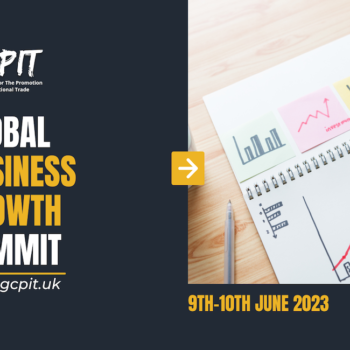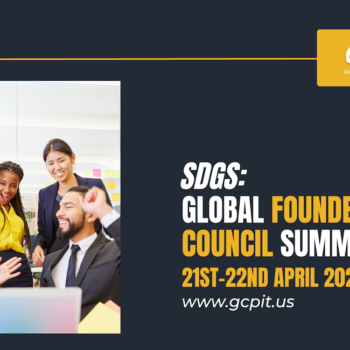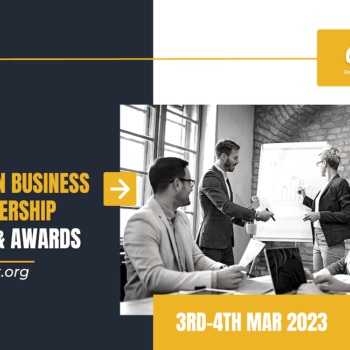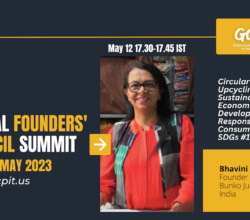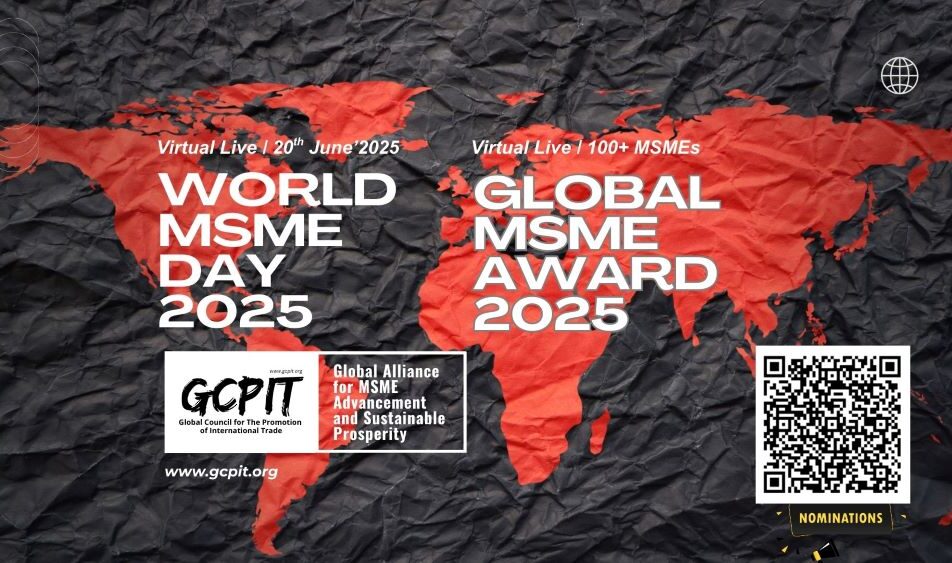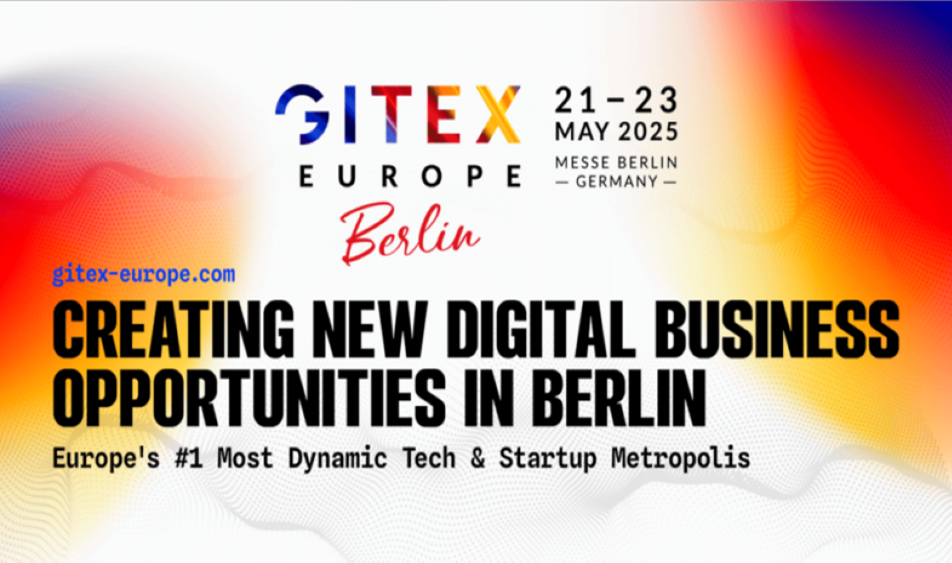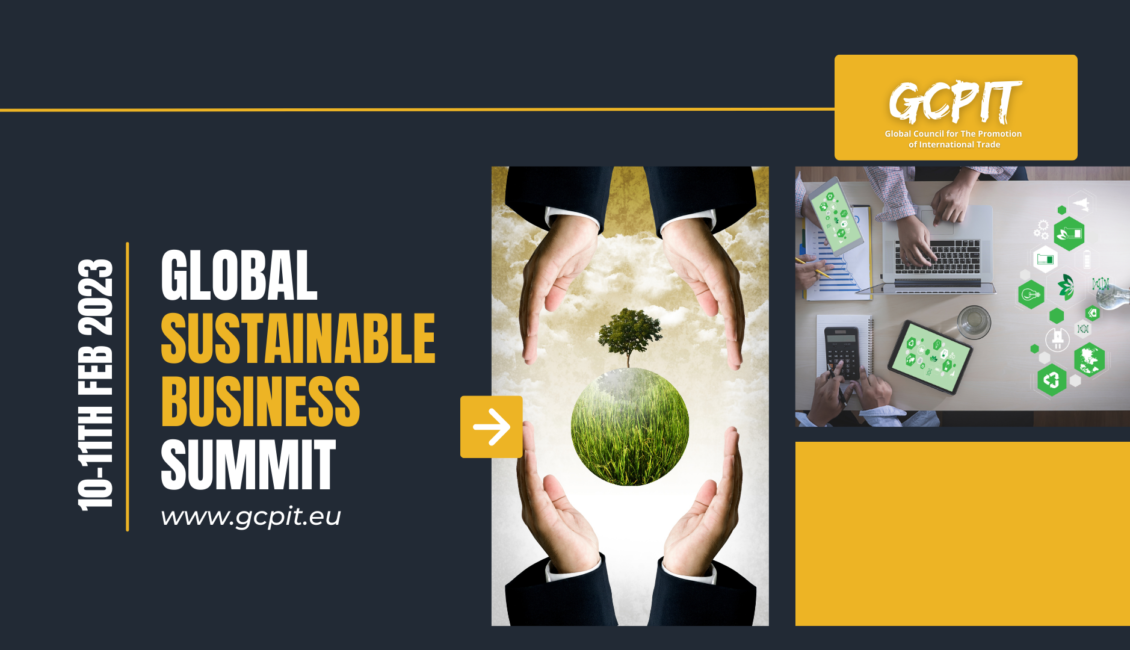
The time has come, to redefine sustainable business. It is time for businesses and other stakeholders to adopt new issues, new methods of pursuing sustainability, and a new, more assertive voice. The changes in the environment, technology, and economy suggest that a new set of concerns must be prioritised.
First, businesses require a revised agenda. This should include areas where sustainability issues and business issues have converged and where new topics have emerged, and it should allow for the reinvention of sustainability to meet the requirements of a new reality. The need to confront the three systemic changes affecting business—climate change, technological innovation, and structural economic change—is the starting point for these topics. Climate Resilience, Technology, Human Rights, and Ethics, and Inclusive Automation will become the defining characteristics of sustainable business leadership.
In addition to a new agenda, we believe it is time for sustainability leaders to adopt a new strategy. In a world that is constantly evolving, new skills will become even more crucial pieces of the puzzle. Assisting businesses in navigating the emerging world requires developing and contributing to resilient business strategies, as opposed to merely integrating sustainability into business strategies developed by others. It focuses on how companies implement sustainability practises.
It is crucial that companies advocate for outcomes that leverage all of the changes we are discussing for broad social benefit. The business sector will only be able to play this role if it champions an agenda that resonates with the public and if it is perceived to be acting for the greater good, rather than for short-term financial gain. The payoff for business is substantial: the chance to contribute to progress on critical issues, the creation of a more predictable operating environment, and, ideally, the restoration of trust.
The areas where most executives say their companies are taking action are
- Reducing energy use in operations
- Reducing waste from operations
- Managing corporate reputation for sustainability
- Responding to regulatory constraints or opportunities
- Reducing emissions from operations
- Managing portfolio to capture trends in sustainability
- Reducing water use in operations
- Committing R&D resources to sustainable products
- Leveraging sustainability of existing products to reach new customers or markets
- Managing impact of products throughout the value chain
- Improving employee retention and /or motivation related to sustainability activities
- Investing in Your Employees for Long Term Business Success
- Mitigating operation risk related to climate change
- Achieving higher prices or greater market share from sustainable products
- Sustainable Business Models (SBMs) in Small and Medium Enterprises (SMEs)

